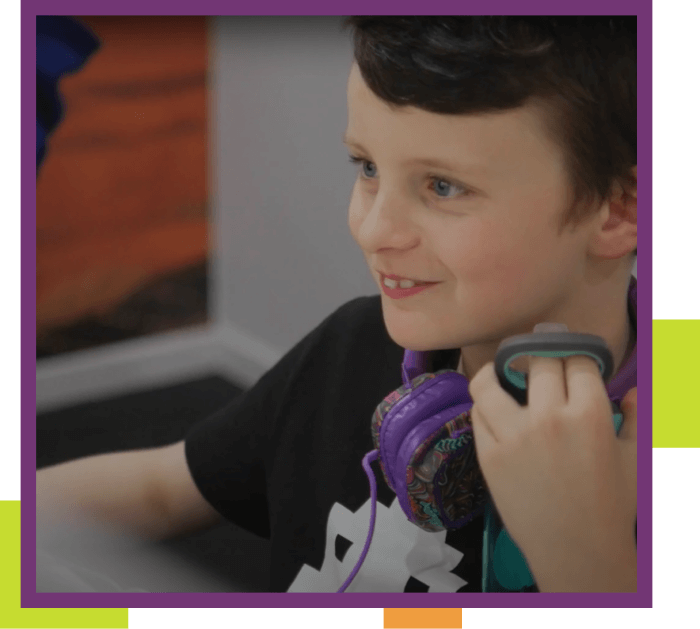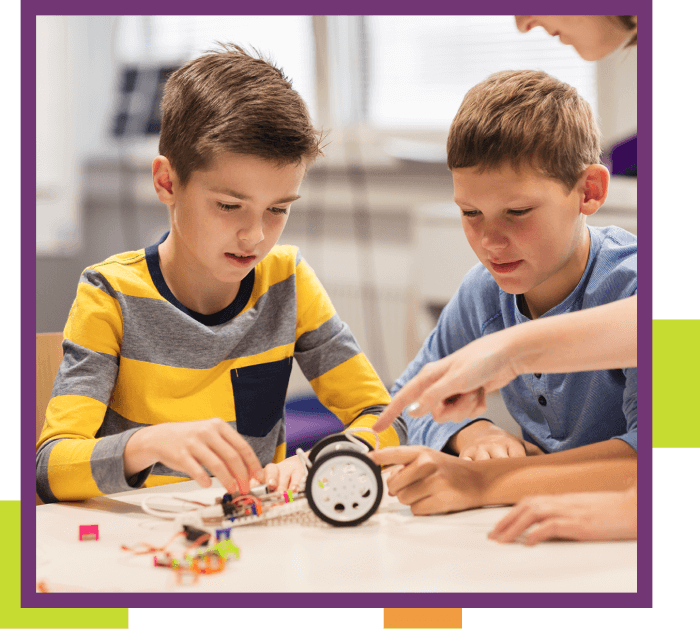
What is the game of D&D? Tabletop Role Player Games (TRPG) are a computer free, fun and enjoyable way to help develop your child's socialisation, teamwork and problem-solving skills. It's a screen free yet immersive adventure game for kids (and adults!)
A TRPG is a form of role-playing game where the participant describes their character's actions through speech. Players (adventurers) have the freedom to make choices that shape the direction and outcome of the game, becoming champions of the elements and of their self esteem!
Players act out their role by deciding and describing what actions their characters will take within the rules of the game. In most cases, the players work in teams to solve in game challenges and become wizards of the coast! It's truly a one of a kind experience for kids!
Whether they become dungeon master ("DMing" or leading the game) or monster slayers (wizards, warlocks and mages), you can be certain your kids will have so much fun and develop invaluable confidence along their DND adventure. Our DnD club id designed specifically for kids ages 8-12 and 12+!
$50 hour for social group D&D classes to enhance social-skills.
for all new students.
that allows your child to progress and move forward in their life socially.
that give the skills that school doesn't teach you.
who are committed to your child’s learning growth. We provide a safe space for your kids to play.


Engaging in Dungeons and Dragons (D&D) as a creative and immersive activity can have a remarkable impact on the development of social skills and problem-solving abilities among children and young people. One key facet that is significantly enhanced through this tabletop role-playing game is improved communication.

Australian schools lack the resources to deliver the skills your child requires. An older teaching workforce and the newness of social pressures online, mean that many kids are reclusive. Our D&D problem-solving nights, aims to bring your players out of their shells and get them interacting well.

It’s FUN! Kids love playing games, making friends, and finding other kids just like them with similar interests. They'll develop skills, interact with other's strengths and weaknesses and learn adaptability while having laughs, smiles and fun.

As children immerse themselves in the world of Dungeons and Dragons, they learn to express their ideas more articulately. Whether it's describing their character's actions or sharing imaginative descriptions of their surroundings, players must convey their thoughts in a clear and engaging manner. Constant practice in descriptive communication nurtures their ability to articulate their ideas, fostering a stronger command of language and expression.

D&D promotes active listening as an integral part of effective gameplay. Players must attentively listen to the Dungeon Master's descriptions, fellow players' contributions, and the unfolding narrative to make informed decisions. Through these interactions, participants become attuned to the nuances of conversation, learning to pick up on context, emotions, and subtle cues that contribute to the overall flow of the game. This skill is transferrable to real-world scenarios, enabling players to become more empathetic and receptive communicators in their everyday lives.

Negotiation is another vital skill that flourishes within the context of Dungeons and Dragons gameplay. The game often presents players with situations that demand collaboration, compromise, and strategic decision-making. Characters might find themselves bartering with merchants, mediating disputes between party members, or forming alliances with in-game factions. As players navigate these scenarios, they develop a keen understanding of persuasive communication and negotiation techniques, honing their ability to find common ground, resolve conflicts, and achieve mutually beneficial outcomes.
© 2024 iCode School. All Rights Reserved.
Partnered with Thinkroom